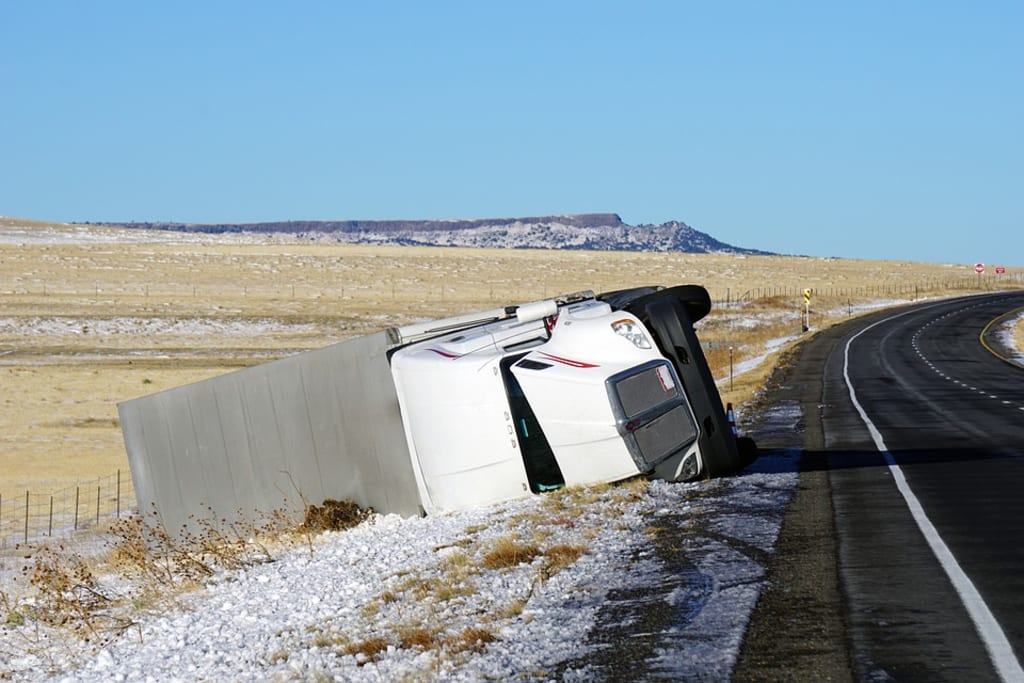What To Do If Your Employee Crashed Your Company’s Truck
Employee Crashed Your Company's Truck

Normally, car accidents are fairly straightforward: when two people get into an accident, the at-fault driver is held responsible and their insurance company pays for any damages. However, there are times when the situation becomes a little more complicated, for example, when a person crashes a vehicle while they were working for someone else. When that happens, the questions of who pays for damages and who is liable become a lot more tricky to answer.
In most of the cases when an employee crashes a company vehicle, their employer is likely to get involved in the situation; however, the situation depends on whether the employee was working for their employer when the crash occurred. In order to sort out the complexities of such a situation, you should consult an attorney if the case is not straightforward. You can click hm-attorneys.com to learn more about your options if an employee crashes your company truck.
The Nature of The Accident
In most cases where an employee crashes a company vehicle, the employer is responsible because of a legal doctrine called respondeat superior aka vicarious liability. What that doctrine means is that employers are responsible for the actions of their employees provided that the employees were acting within the scope of their employment. Or, in other words, that they were on the job when they got into an accident. For example, if you have a catering business and a driver was making a delivery when they crashed, then you are liable for the accident.
If you purchased commercial auto insurance, then it will be used to pay off any damages caused by the accident. You will have to deal with the insurance company yourself, but they may request information from the driver on the nature of the accident. If the driver is named in a lawsuit because of the accident, then your liability insurance will pay for their legal fees as well. If the employee crashed the vehicle while running personal errands or outside of work hours, then they are responsible for the accident because they were not acting within the scope of their employment at the time.
The Difference Between Workers’ Compensation Insurance and Liability Insurance
There are clear differences between these two types of insurance but both of them are equally important.
Workers’ Compensation Insurance
This type of insurance covers employees who get injured while they are on the job. It is usually used to pay for the employee’s out of pocket expenses like their medical bills, as well as any wages that are lost because they are unable to work.
Liability Insurance
This kind of insurance is meant to cover damages sustained by third parties. Employers will typically have a general liability policy as well as a commercial vehicle insurance policy if their company uses cars or trucks. The general liability policy is to cover accidents, such as slip and falls, that happen on their property. The commercial vehicle insurance is to cover any accidents that involve the company vehicle while the driver is working for the company.
There are some exceptions to the commercial vehicle insurance policy, which is why you should consult with a personal injury attorney if an employee gets into an accident while on the job. The attorney will request copies of the insurance policy to learn more about the scope of your liability. So if an employee crashes the company truck, one of the first things you should do is contact a personal injury attorney to help you sort the situation out.





Comments
There are no comments for this story
Be the first to respond and start the conversation.